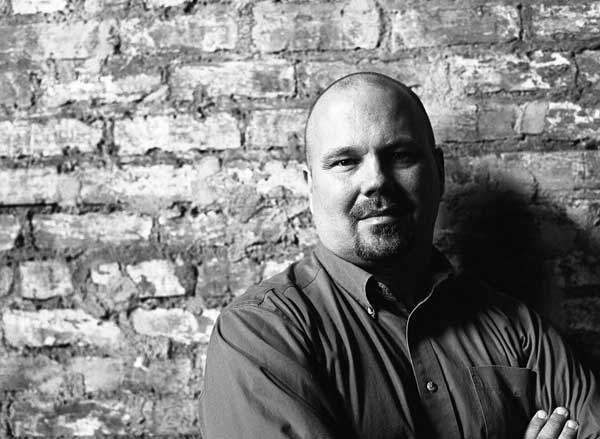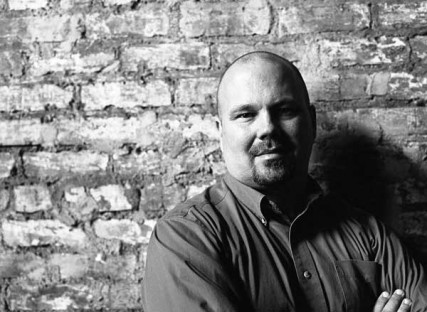RALEIGH, N.C. (RNS) The people of North Carolina voted Tuesday (May 8) to amend their constitution to ban same-sex marriage. Amendment One will, among other things, declare that the only legal union is between one man and one woman.
A large number of people of faith worked against the amendment. Christians who saw this as a justice issue — as a tangible way to both love their neighbor and as a means of doing for others what had already been done for them — fought long and hard to keep this amendment from passing.
And they were unsuccessful. The amendment passed anyway, despite their efforts.
I am sad the amendment passed. I know how disheartening this is to those of us who worked against it. And I am pledging my support to work to overturn this amendment in future elections.
So how should we, as people of faith, respond? How do we live in light of codified oppression? Now that the people of North Carolina have voted against equality, what should we do?
Simple. We vote again.
We vote for equality every day of our lives, by our lives. We vote for equality when we notice that everyone who sits as a guest at our table is of the same sexual orientation we are, and we work to change this. We vote for equality when we notice whose voice is not being heard, and call attention to it.
When you question why your church has no one in a position of authority who is not a straight male, you are voting for equality. When you decide not to attend a conference where all the speakers are of the same gender, race and sexual orientation, you are voting for equality. When the company you own extends benefits to same-sex couples, you just voted for equality.
The Jewish prophets spoke of the “Day of the Lord.” Jesus spoke of the “Kingdom of God.” Martin Luther King spoke of a “Beloved Community.” They gave their lives for such notions.
But any of them would tell you that a Beloved Community does not spring forth as a mandate from a ballot box. Instead, it's the result of countless decisions we make every day of our lives. We vote for this Beloved Community with every decision we make. Every decision is a vote cast for the future we wish to live in.
The state does what it does. Nations rise and fall, laws come and go. We should never forget that in 1875, when North Carolina passed a constitutional amendment to outlaw interracial marriage, it was doing what was “legal.”
But slavery was wrong, even when it was legal. Preventing people of different races from marrying was wrong, even when it was legal. Restricting the rights of women was wrong, even when it was legal. And Amendment One is wrong, even if it is, for now, legal.
As a follower of Jesus, whether something is legal or illegal should have no bearing whatsoever on my responsibilities to love my neighbor. As Martin Luther King said, we have no obligation whatsoever to give our allegiance to unjust laws.
The state does what it does. So we, as followers of the Christ, should do what we do. We love our neighbor, without reservation or condition. We seek to treat others as we wish to be treated. We vote for justice: at the ballot box, but also with our actions.
And every action we take should be a vote for the Beloved Community we wish to create, demonstrating that equality is a fact to be lived into, not a right to be granted by the state.
(Hugh Hollowell is a minister in the Mennonite Church USA in Raleigh, N.C. He is the founder and director of Love Wins Ministries, where they tackle the problems of homelessness by focusing on relationships, not outcomes.)
KRE/AMB END HOLLOWELL






